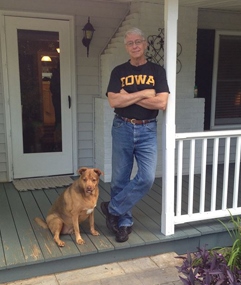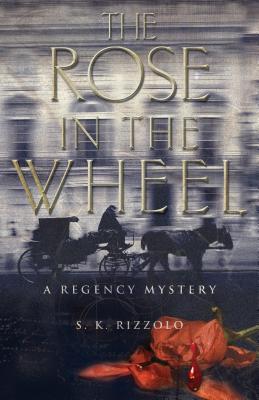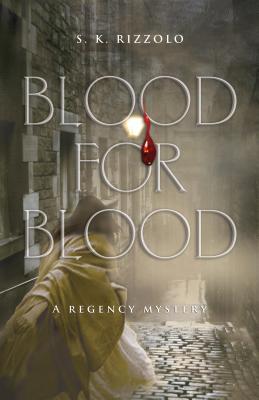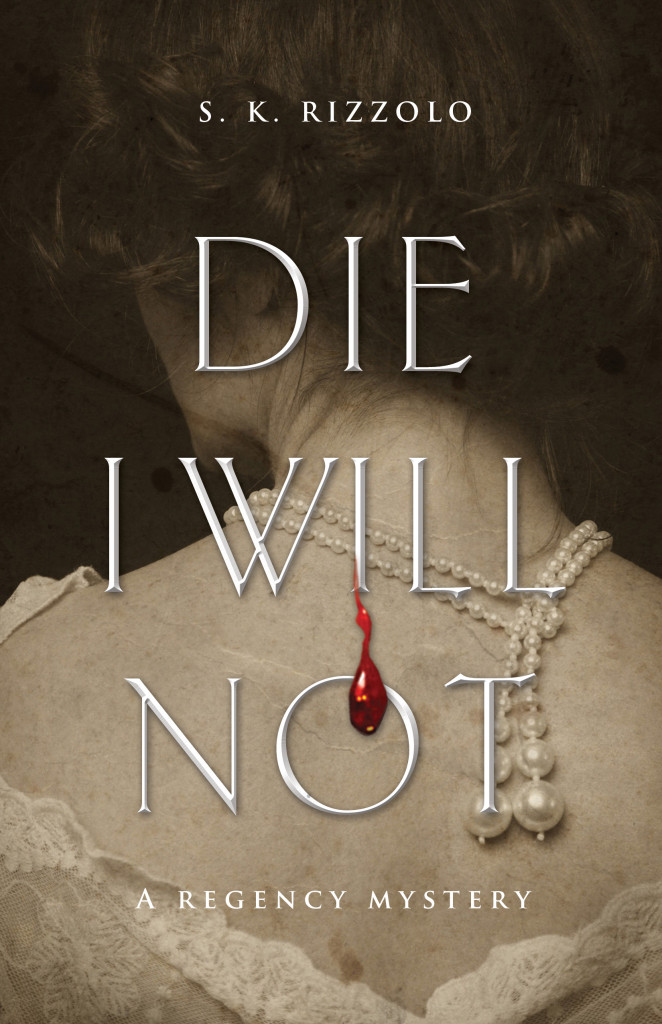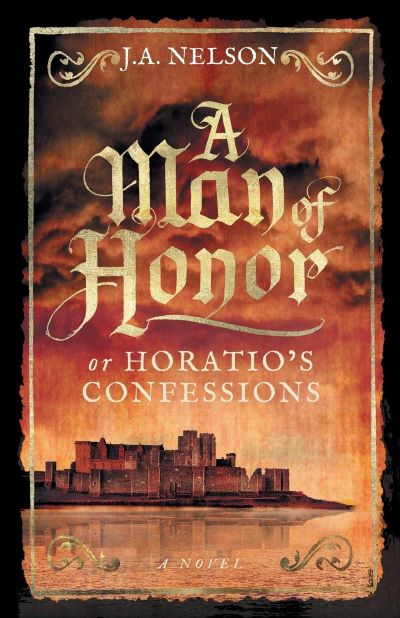 Last Words by Rich Zahradnik
Last Words by Rich Zahradnik
Publication date: October 1, 2014 by Camel Press
ISBN: 9781603812078
Description:
In
March of 1975, as New York City hurtles toward bankruptcy and the Bronx
burns, newsman Coleridge Taylor roams police precincts and ERs. He is
looking for the story that will deliver him from obits, his place of
exile at the Messenger-Telegram. Ever since he was demoted from the
police beat for inventing sources, the 34-year-old has been a lost soul.
A
break comes at Bellevue, where Taylor views the body of a homeless teen
picked up in the Meatpacking District. Taylor smells a rat: the dead
boy looks too clean, and he's wearing a distinctive Army field jacket. A
little digging reveals that the jacket belonged to a hobo named Mark
Voichek and that the teen was a spoiled society kid up to no good, the
son of a city official.
Taylor's efforts to protect Voichek put
him on the hit list of three goons who are willing to kill any number of
street people to cover tracks that just might lead to City Hall. Taylor
has only one ally in the newsroom, young and lovely reporter Laura
Wheeler. Time is not on his side. If he doesn't wrap this story up soon,
he'll be back on the obits page--as a headline, not a byline. Last
Words is the first book in the Coleridge Taylor mystery series.
~~~~~~~~~~~~~~~~~~~~~~~~~~~~~~~~~~~~~~~~~
Excerpt from
LAST WORDS
By Rich Zahradnik
The orderly rolled the gurney onto an elevator. Taylor stepped on, too. The orderly read his press pass. It expired in three months, and if Taylor couldn’t get back on the police beat by then, he’d lose it and all the access it gave him. Doors all over the city would slam shut. The thought chilled him.
“Coleridge Samuel Taylor.”
“Just Taylor.” He hated the literary ornamentation of his name.
“Name’s Jackson.”
The autopsy room looked like any operating theater with its silver-domed lights, trolleys of medical instruments and glass- fronted metal cabinets. The acrid smell of disinfectant was even stronger here.
A second orderly came in and helped Jackson shift the wrapped body onto a table, both of them grunting.
“Jesus, this body is frozen stiff,” Jackson said.
The second orderly shrugged and left, as if moving bodies was his only job.
“You said he died of exposure, right?” Taylor leaned in.
“Yeah, but he feels like ….” The orderly frowned. “The last time a body came in frozen solid like this was when a jumper went into the Hudson back in January.” He pulled the sheets open near the neck. The corpse was still dressed and the orderly fingered the material of the outer clothing. “The coat and sweater are cold but not frozen.” He slid his hand inside the sweater. “The undershirt feels like it’s iced right to him. The skin is frozen.”
“That doesn’t make sense.” Taylor looked from the orderly to the body on the slab. “It’s like he froze from the inside out. Or his outer clothes were put on after he froze.” He made a note of this. “Be interesting to hear what the pathologist makes of it.”
“Not much if he thinks he’s cutting a homeless boy. How are you going to do a story on a dead nobody?” The orderly sighed and turned away.
I’ll find out what makes him a somebody. Getting frozen in your underwear and dressed by another person might do the trick.
“You gotta be a big somebody to get your death notice in the papers here.”
This victim’s story already bothered him. The boy was going to disappear. Taylor was watching it happen. No last words for the family. No notice taken anywhere by anyone. It had happened before, with Billy. This was going on now in Taylor’s city. There was no excuse for it.
“When did the body come in?”
“Night watch. Three, four in the morning.”
“You’re just now rolling him in?”
“No room at the inn. Kept the body outside in the ambulance.”
“What if they got another call?”
“Couldn’t. No one to replace the driver’s going off shift. Poor bastards had to take a cab back to their house. These budget cuts are just crazy. So we kept him cold out there. The guys just came back to get their wagon.”
“Where’d they pick him up?”
“The Meatpacking District.” Jackson looked at the body again. “I’ll tell you one thing. I doubt they’ll be cutting today. It’s going to take a whole shift to defrost him. Very strange. Or plain bad luck.”
Only the facts interested Taylor. They’d explain how this boy froze from the inside out, the cause and effect. Nothing unlucky. Nothing strange.
Jackson pulled off the sheet. The dead boy wore an army field jacket similar to Taylor’s. Threads hung at the edges of the rectangle above the left breast pocket where a name patch should have been.
“Whatever the name tag said, it wasn’t this kid’s,” Taylor said. “He’s too young for the military.” Could be the father’s, Taylor thought. Or maybe the boy bought it at the Army-Navy. Taylor would check all that out. The jacket had seen a lot of wear and tear. Some of that might be from life on the street.
“Now that I think of it,” Jackson said, “it looks like the one I got when I fought in Europe. You don’t see these as much. Thing never was warm enough.”
Jackson was right. The boy’s jacket featured lapels instead of a circular collar and the fabric looked thinner. The kid wore dungarees, patched the length of both legs, more patches than jean material really. The “V” of a blue sweater, probably wool, showed under the jacket.
Jackson nodded at Taylor’s jacket. “You a vet?”
“No.”
“Just like the look?”
“No.” The implication stung, as if his was a fashion statement. His brother, trained to fight somewhere cold in Europe, was ordered to Vietnam. Billy didn’t need the heavy jacket, or didn’t want to pack it, or had wanted to leave something behind with his older brother. Taylor wasn’t sure which. He gave it to Taylor and never came back. Maybe because of the question, the teenager became his brother Billy for a moment. Another kid forever lost to his family. The boy was the same height, though slighter and younger. What was younger when you were dead?
The orderly was saying something, forcing Billy’s face to fade, replaced by that of the dead boy. This face was smooth, without lines, and the nose straight. His lips were full, almost pouting, and his gray eyes looked directly into the bright overhead lights, unblinded and blind. His hair was thick, long and clean, which was odd. If this kid was homeless, it should have been matted and dirty.
“Look at this.” Jackson pointed to the jacket’s right sleeve.
More than twenty national flags were sewn down the outside of the right arm of the field jacket, from the shoulder to the cuff. France, Italy, USA, East Germany, Canada, the USSR, West Germany, Red China, and countries some Taylor couldn’t identify.
Taylor walked around the table. “Same on this side. No unit or rank. Those were cut away a long time ago. Just more flags. It’s like the UN.”
Thousands of army field jackets hung in the closets of New York vets, the families of the dead and even ex-hippies, but none would look like this one. Taylor knew people would remember it. This was starting to look like a story he could follow.
Jackson left the room. Taylor checked the boy’s left hand, leaned in to get closer and used his Bic pen to lift the fingers. They were smooth, almost feminine, with telltale signs of civilized living—clean, well-trimmed fingernails. Not a speck of dirt under any of them. The fingers on the right hand were the same. This kid wasn’t homeless, or hadn’t been for long. The field jacket would lead to someone who knew him, who could tell his story. He listed the countries of the flags he could ID and descriptions of those he couldn’t.
“I thought we were rid of you, Taylor.” Dr. R. Martin Quirk, the assistant coroner, stood inside the door. Taylor looked from Quirk’s long face to the stubby fingers that seemed imperfect instruments for prodding inside bodies, even dead ones.
“This kid wasn’t homeless,” Taylor said.
“What do you know? Don’t turn this John Doe into another of your page one specials. I’ve got six homicides in the cooler, bodies piling up in the emergency room—high priority, cops shooting civilians—and five accidentals, old people who froze to death in their apartments. I’ve got to cut them all anyway. They won’t let me put ‘unpaid Con Ed bill’ as cause on the death certificate.”
“Will you at least check the ‘missing’ list?”
Quirk always claimed to be overworked, but he was just plain lazy.
“That’s a cop’s job.”
“They won’t.”
“I’m not their master, thank Christ. Why don’t you do it? You’re the reporter.”
Taylor decided not to disabuse him of that notion. From his jacket’s right pocket, he pulled out and opened the collapsible Polaroid he carried for capturing a scene when a click was faster than taking notes. A snap-flash and Taylor held the instant photo, a black square until it developed. In two minutes, chemicals and metals would resolve into a color picture of the dead boy’s face. He needed it to track down who the kid was.
“I’ll call you to get cause of death.” He put the developing picture in his coat pocket next to his wallet and went straight through the double doors without glancing back.
Why didn’t the boy show the wear and tear of rough living? He might have been a recent arrival on the street, a runaway who didn’t bargain on the freezing weather and died almost as soon as he ran. A sad story. Newspaper readers loved sad stories, even if they said they didn’t.
Excerpted from the book LAST WORDS by Rich Zahradnik. Copyright © 2014 by Rich Zahradnik. Reprinted with permission of Camel Press. All rights reserved.

